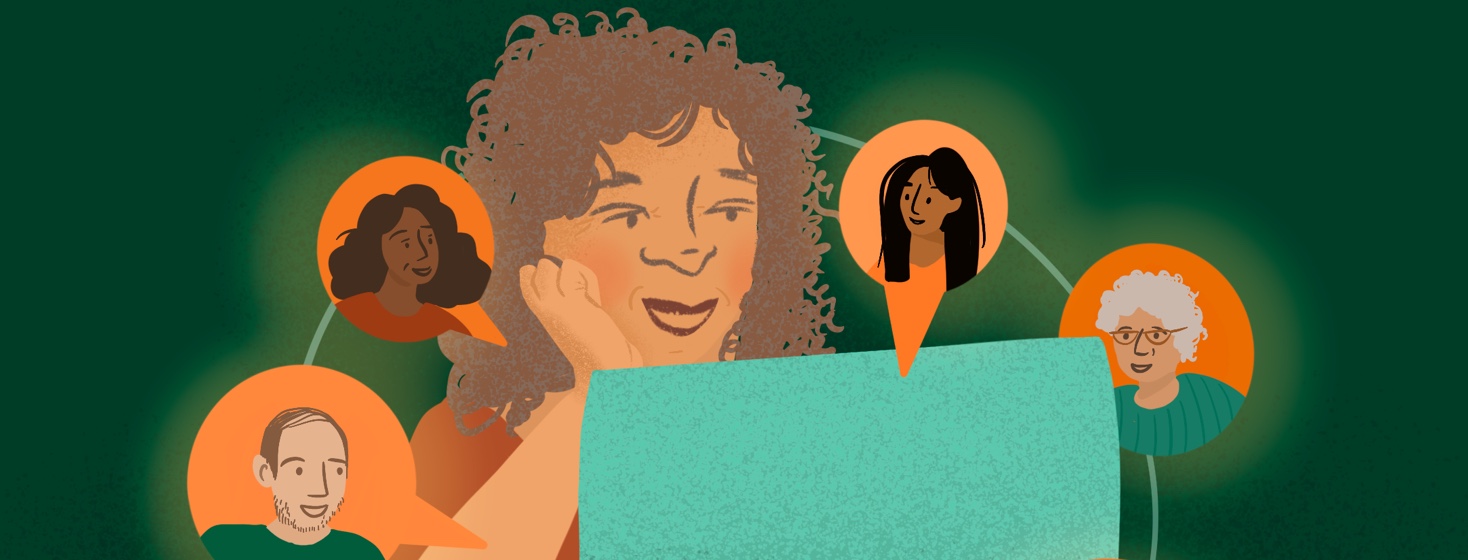MORE Bladder Cancer Resources for Warriors Under 40
You may be wondering why someone in the adolescent and young adult (AYA) demographic may want or need a separate support system from the general population. Well, the primary reason: our needs are different. We generally have to deal with bladder cancer and its side effects for a lot longer than older adults do!
Bladder cancer and the AYA community
According to the American Cancer Society, the average age of a bladder cancer patient at diagnosis is 73.1 I personally was diagnosed at age 40 - 33 years earlier!
Different needs in the AYA space
Not to mention that many adolescents and young adults are not quite established in life. They may still be single, so dating is a concern. There are typically fertility issues to consider if the person wants a family. They likely do not have a lot saved up so they don't have a financial reserve to fall back on. Childcare and other family issues are more prevalent and complicated with this age group. They also have different interests as well, which can be a barrier to connecting to others.
Impact on decision making
Many of these things are not addressed in support groups geared towards the more seasoned cancer community. They are not even always addressed by the person's medical team. It makes connecting to the AYA cancer community and utilizing their programs a much more critical decision for the individual facing bladder cancer at a young age.
Meeting the AYA community's needs
The National Comprehensive Cancer Network (NCCN) has been striving to assist professionals in meeting the needs of AYA patients as it has been proven they have unique medical and psychosocial needs. It likely will become more common to see AYA-specific support groups being offered in more locations going forward due to the current trends.2
Social needs for this age group are generally higher and therefore the needs must be met. Support groups, even if done virtually, offer a way for this to happen. The support groups for this age group are also generally focused more on socializing and doing physical activities together, whether they be going to a sporting event, bowling, dinner, or working on a craft project together. The support comes from the camaraderie, not as much from the analytical aspect that is sometimes focused on in some other support groups.3
Caveats to consider
In addition to the organizations mentioned in my previous article, Cancer Support Community and United Ostomy Associations of America both have affiliated groups across the US. You can access them for in-person support and events. Some groups are still only meeting virtually due to the COVID-19 pandemic. Some are cautiously returning to in-person programming with attendance caps. Many are at least considering maintaining virtual options. Some of these groups also have activities set up specifically geared towards the AYA populations, but some don't.
Ostomy 101 application
Those of us with ostomies can also download the Ostomy 101 app. In addition to a wealth of information about ostomies and ostomy care, the app has an events tab with a number of virtual events that you can join by just clicking on the event. No registration is required.
Something for every AYA
In addition to these organizations, other organizations focus specifically on the financial or career interests of AYAs. As well as organizations that will connect you with your own specific "cancer mentors." Finally, several organizations do adventure activities for AYAs. So whatever your interest or need is, there is something out there for you!
The bottom line is: if you want or need support, it is available to you. Do not feel alone in going through this. Cancer is lonely and challenging for anyone, but there is so much more that comes into play when you are a young adult going through bladder cancer. Dating, intimacy, careers, fertility, and so much more are uniquely the young adult experience. There is assistance and support to be had. Just reach out, and it is yours.
If you know of other AYA resources or support groups not on this list, please add them in the comments below!

Join the conversation